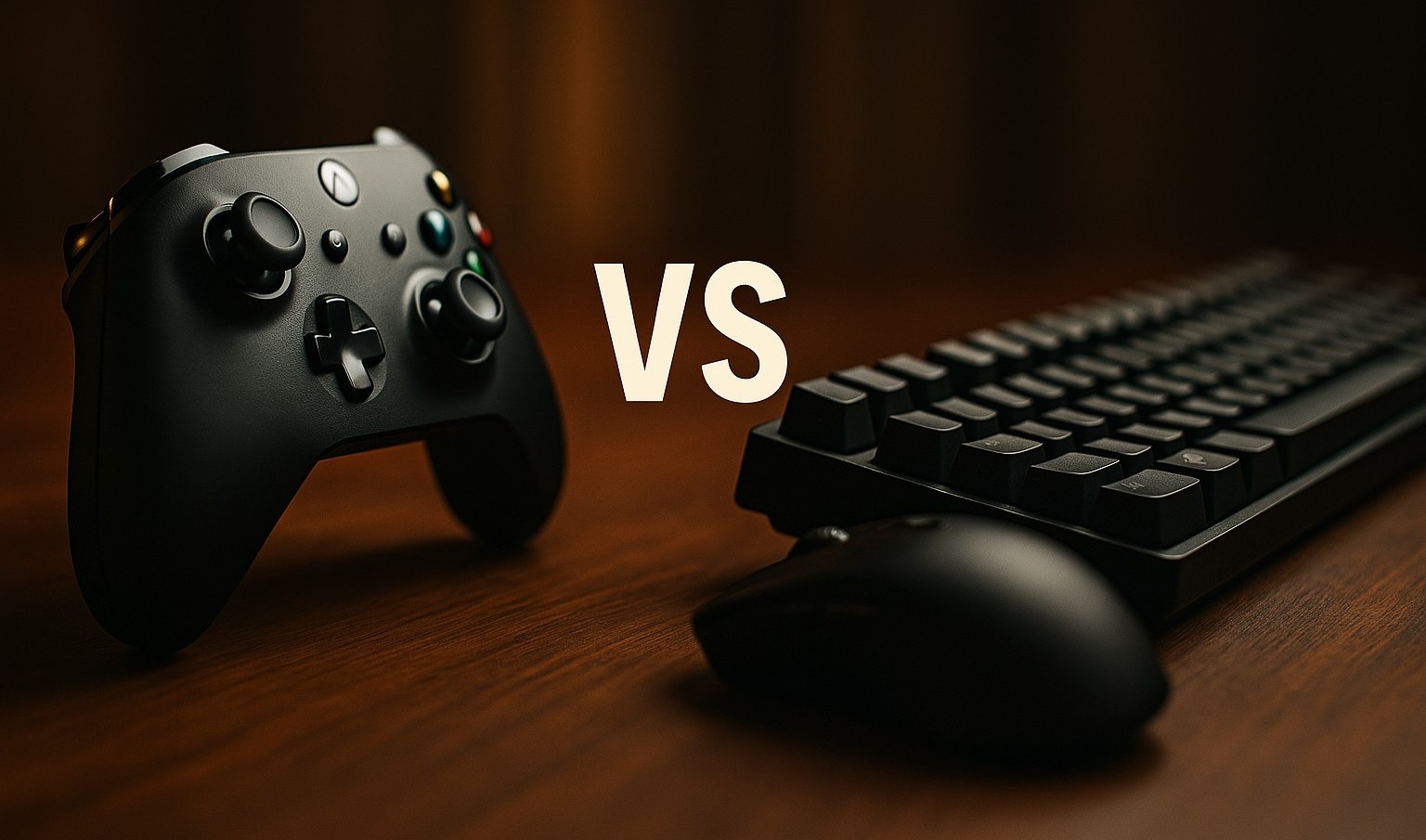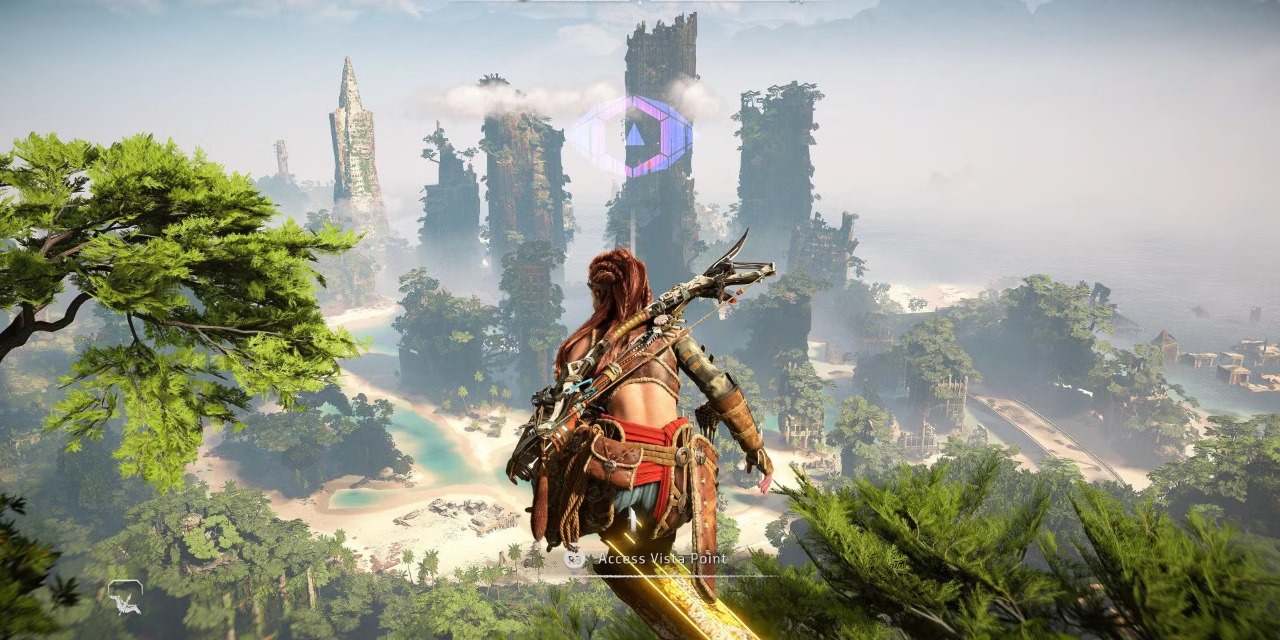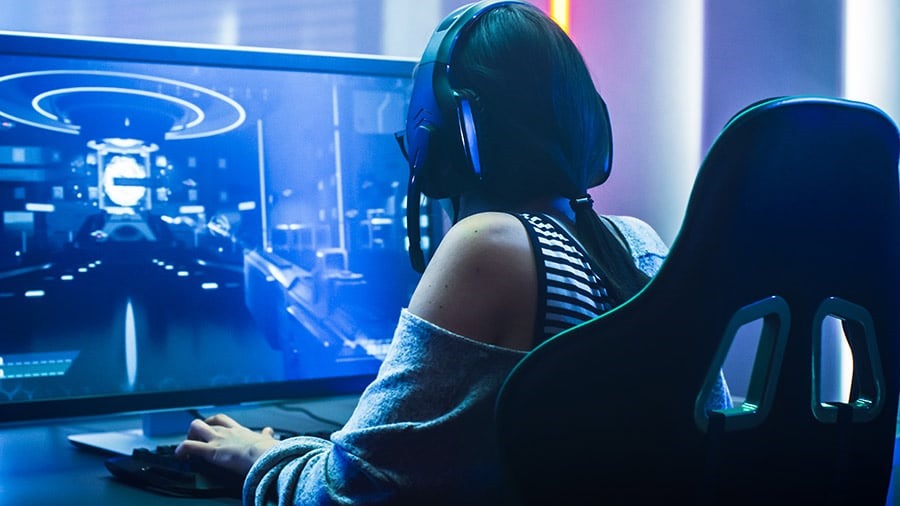The debate between using a controller versus a keyboard and mouse setup has been one of the most enduring arguments in gaming culture. It’s not just a preference—it often shapes how games are played, which titles players gravitate toward, and in some cases, even how games are developed. It’s the kind of debate that you’ll hear raging in Twitch chat during competitive matches, whispered between friends in Discord calls, and plastered across gaming subreddits with endless hot takes. Yet despite all the noise, the answer isn’t as straightforward as you might think.
Both setups have evolved dramatically over the years. Controllers have gone from chunky, two-button rectangles to haptic-feedback, gyro-sensitive tools with adaptive triggers and deep software integration. Keyboards, paired with high-DPI gaming mice, offer pinpoint accuracy and a tactile range of input that controllers simply can’t match in some genres. The truth is, the "better" choice depends on a wide range of factors—your preferred genre, your hardware setup, your hand size, and even the way your mind processes control input.




